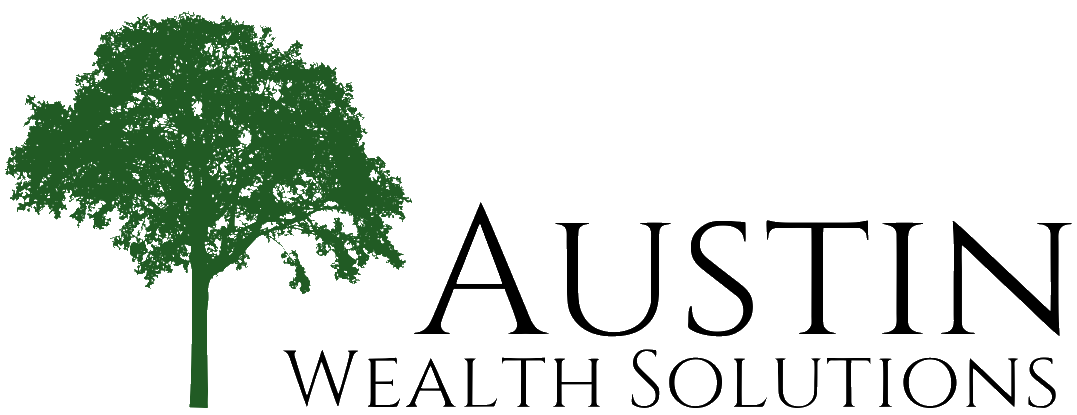Budgeting tools have become indispensable in today's fast-paced and financially dynamic world. Whether you are a financial guru or someone just starting to take control of your finances, having the right budgeting tool can make all the difference. Fortunately, there is a plethora of budgeting tools available to suit various needs, and many of them are budget-friendly or even free.
One of the standout budgeting tools that consistently receives praise for its simplicity and effectiveness is Mint. Unfortunately, Mint is being shut down at the end of 2023. In many cases, a good old pen on paper is the best budgeting tool. People often find that physically writing down their figures helps them feel closer to their money. But if you prefer a bit more of a tech-savvy route then read on for some replacement options for Mint.
Another noteworthy budgeting tool is YNAB (You Need A Budget). While it comes with a subscription fee, many users find the investment well worth it. YNAB operates on the principle of giving every dollar a job, promoting a proactive approach to budgeting. The tool focuses on helping users break the paycheck-to-paycheck cycle and build a financial cushion. YNAB's user-friendly interface and educational resources make it an excellent choice for individuals looking to not just track their spending but also change their financial habits.
For those who prefer a comprehensive financial management platform, Personal Capital stands out. Personal Capital offers both budgeting and investment tracking features, making it a one-stop solution for holistic financial management. The tool provides a dashboard that gives you a snapshot of your net worth, investment performance, and spending trends. While some features may be more advanced than what casual users need, Personal Capital remains free for budgeting purposes.
If you're more of a hands-on budgeter who prefers manual control, EveryDollar might be the right fit for you. Created by personal finance guru Dave Ramsey, EveryDollar follows the zero-based budgeting approach, where every dollar is allocated to a specific category. The free version covers the basics, while the premium version offers additional features like connecting to your bank for transaction syncing. EveryDollar is particularly popular among those who appreciate a structured budgeting method without the complexity of some other tools.
For those who thrive on a visual representation of their finances, PocketGuard is a top choice. This free budgeting app focuses on creating easy-to-understand visuals of your financial situation. It categorizes your spending, highlights areas where you might be overspending, and provides a clear overview of your budget. PocketGuard also includes features like tracking bills and setting savings goals, making it a well-rounded budgeting tool.
An honorable mention goes to Goodbudget, a budgeting tool based on the envelope system. Goodbudget allows you to allocate funds to virtual envelopes for different spending categories, helping you stick to your budget and avoid overspending. The free version includes limited envelopes, but the Plus version, available at a reasonable price, unlocks additional features and unlimited envelopes.
The best budgeting tool for you depends on your financial goals, preferences, and lifestyle. Whether you opt for the automated simplicity of Mint, the proactive approach of YNAB, the comprehensive features of Personal Capital, the manual control of EveryDollar, the visual appeal of PocketGuard, or the envelope system of Goodbudget, the key is to find a tool that aligns with your financial philosophy and empowers you to take control of your money. With these budgeting tools at your disposal, managing your finances has never been more accessible or more affordable.
